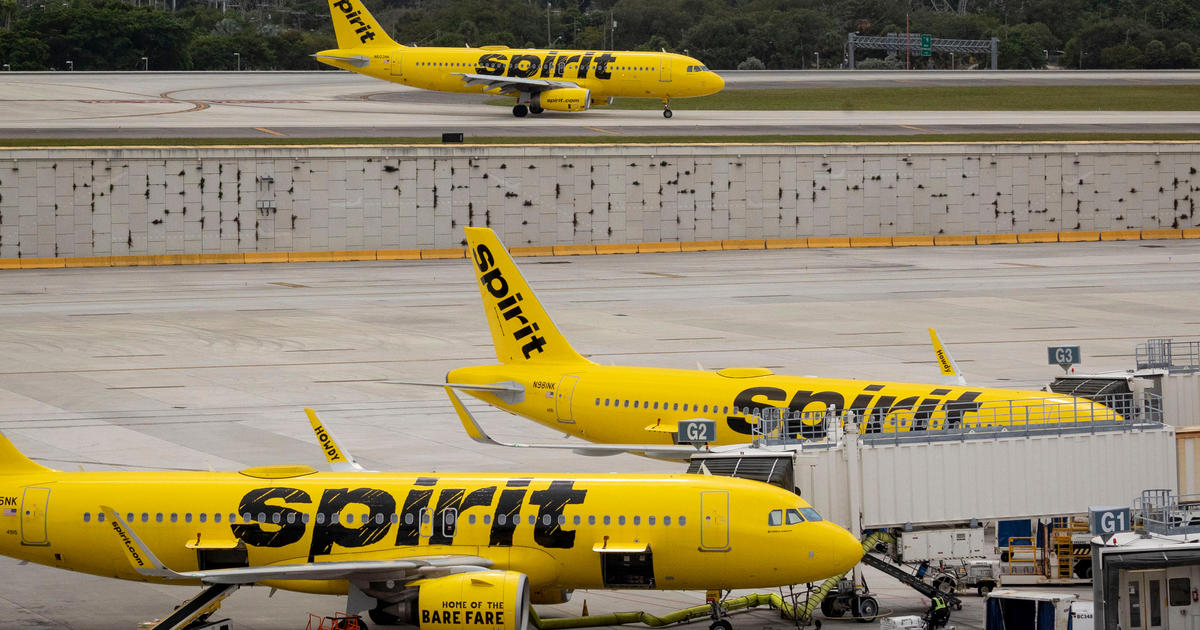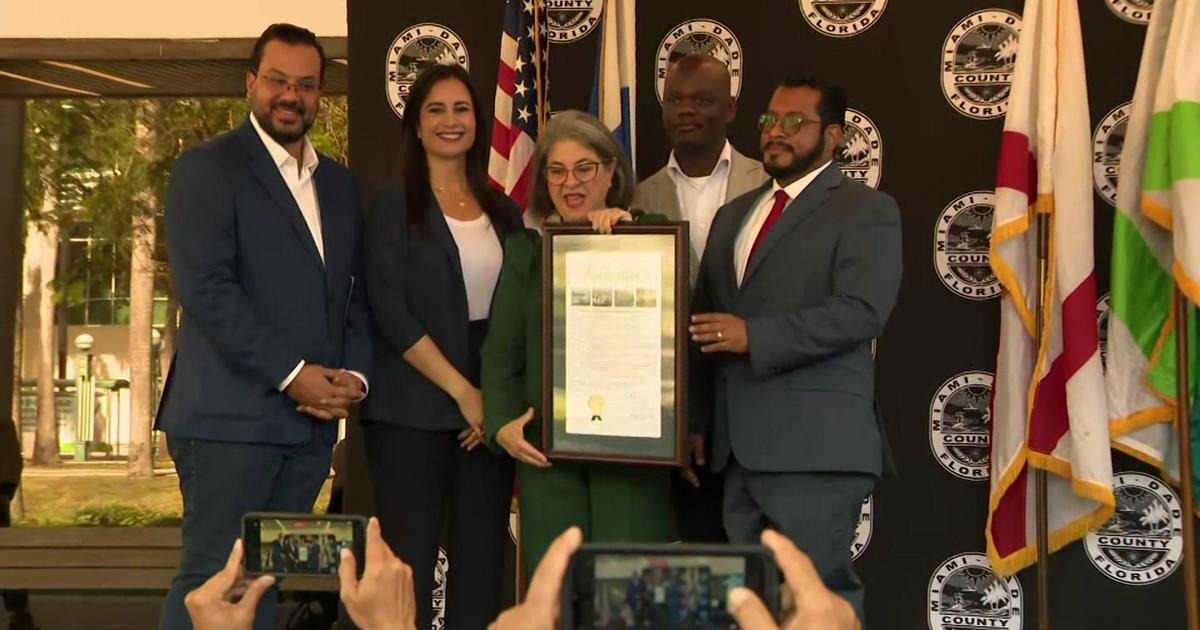Seeking Solutions In War Against Robocalls
Follow CBSMIAMI.COM: Facebook | Twitter
NEW YORK (CBSMiami) – More than 29 billion robocalls bombarded Americans last year. That amounts to roughly 90 robocalls for every man, woman and child, with some getting several calls each day. Now, there's a new effort to stop these calls to your home, cell phone or office.
The "do not call" registry debuted nearly 14 years ago, preventing many unwanted calls from companies that follow the law.
But people running scams don't necessarily care about the law, and they can now place thousands of illegal calls for pennies on the dollar.
The telecom industry claims it's working to block them, but that its efforts are complicated both by legal hurdles and the difficulty of tracing where these calls are coming from.
"It's not normal to listen to your voicemails and immediately have people yelling at you to stop calling them," said Peter Clarke.
Clarke hadn't called anyone but when he checked his phone, he found more than a dozen missed calls with messages like, "I think you have the wrong number, Peter."
Or, "Hi. You guys need to quit calling my phone. I don't have a credit card. This is ridiculous."
It's called "spoofing." Scammers make it appear as if robocalls to others are coming from your phone, making the actual scammers nearly impossible to track.
"It's frustrating. There's literally nothing that you can do to prevent yourself from being a victim to this spoofing," Clarke said.
New FCC chairman Ajit Pai says tackling those scams is a top priority, but says the issue is "exceptionally complicated."
Pai said robocalls are the number one area of consumer complaints. There were 2.5 billion of those calls last month, up nine percent from the year before.
Last year, the FCC convened what it called a "robocall strike force" made up of 33 telecom and tech companies. In a report last month, the group said it's working toward fixes like developing a standard authentication technology to verify exactly where calls come from. That's currently not possible since any call can go through multiple networks.
When asked if he had a deadline for companies to fix it, Pai replied, "We certainly want them to move as quickly as possible and as aggressively as possible. Some of it is difficult to do, because these are highly technical areas."
Tim Marvin is with the Consumers Union which two years ago, started a campaign to get the government and phone companies to stop robocallers.
On whether he thinks this problem will get solved without significant pressure from the government, Marvin said, "So far, no."
"I think the companies could be doing more. They have made small technological progress. It just isn't enough to actually solve the problem," Marvin said.
The FCC is studying a proposal that would allow companies to block numbers they know are unassigned.
Of course, that might just encourage more spoofing of numbers that people actually use.



